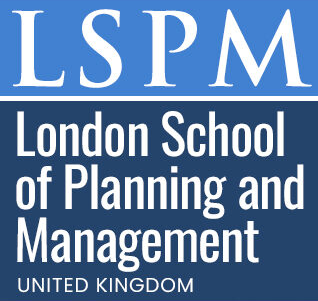Global Certificate Course in Robotic Waste Disposal Systems
Published on June 28, 2025
About this Podcast
HOST: Welcome to our podcast, today we have a special guest who will be discussing an exciting course in Robotic Waste Disposal Systems. Can you tell us a bit about the course and what learners can expect? GUEST: Absolutely, the Global Certificate Course in Robotic Waste Disposal Systems is a comprehensive program designed to equip learners with essential skills for career advancement in the waste management industry. It covers the latest robotic technologies and techniques used in waste management. HOST: That sounds fascinating! With the increasing demand for automated waste disposal systems, this course seems very timely. Can you share some of the current industry trends that learners will find relevant? GUEST: Definitely. One trend is the growing use of artificial intelligence in waste management, which can improve the efficiency and accuracy of waste disposal systems. Another trend is the focus on sustainability and circular economy, where waste is seen as a resource rather than a problem. HOST: Those are definitely important developments in the industry. Now, every field has its challenges. What do you see as the biggest challenges faced in the field of robotic waste disposal? GUEST: There are several challenges. One is the need for standardization of robotic waste disposal systems, as different systems may use different technologies and protocols. Another challenge is the need to ensure the safety and reliability of these systems, as they deal with potentially hazardous waste materials. HOST: Those are valid concerns. Now, looking to the future, what do you see as the potential impact of robotic waste disposal systems on the waste management industry? GUEST: I believe robotic waste disposal systems will play a crucial role in the future of waste management. They can help reduce waste disposal costs, improve waste management efficiency, and promote sustainability. However, there is still a lot of work to be done in terms of research, development, and implementation. HOST: Well, it's clear that this course is at the forefront of an exciting and important field. Thank you for sharing your insights with us today. GUEST: My pleasure. Thanks for having me.
